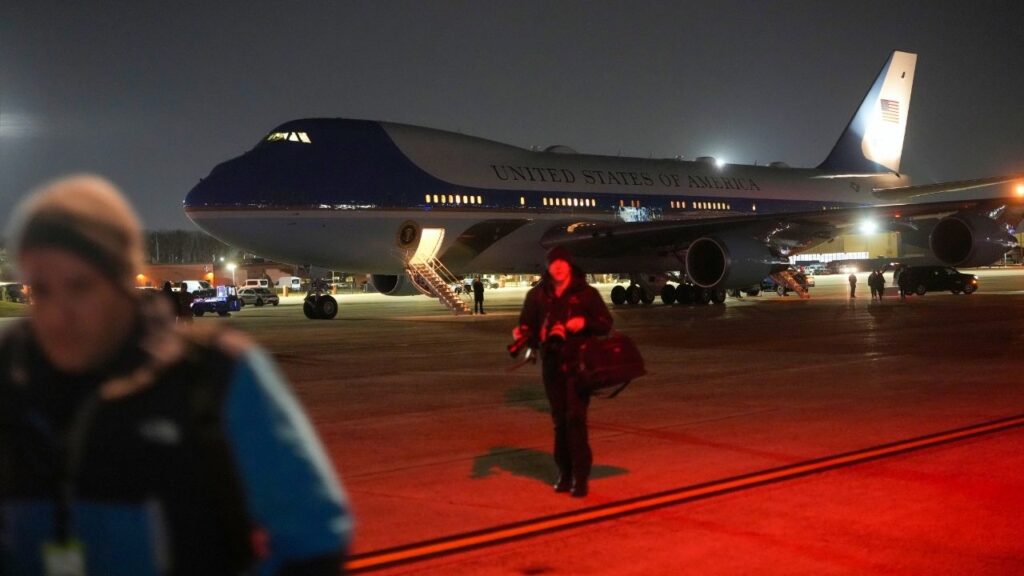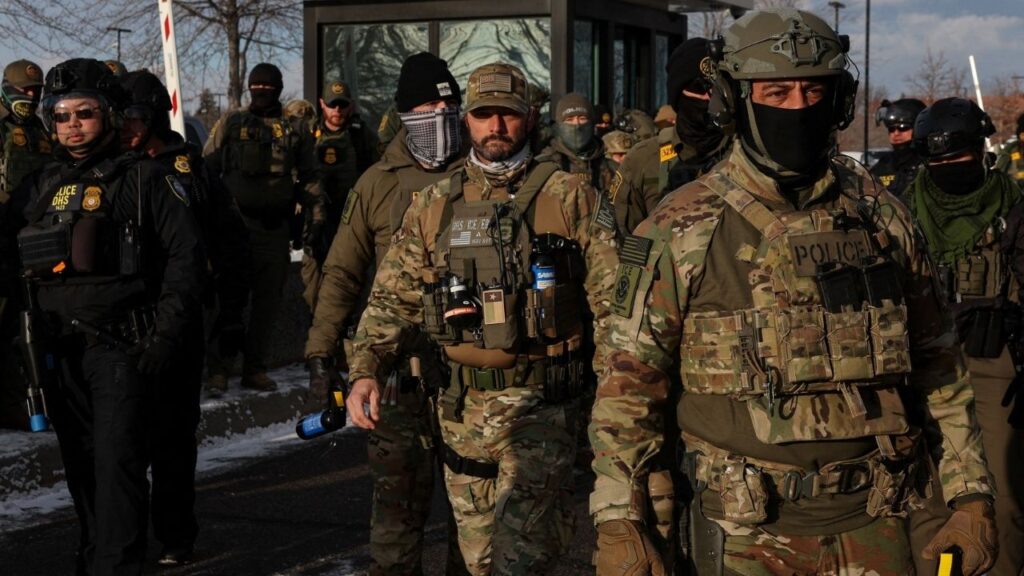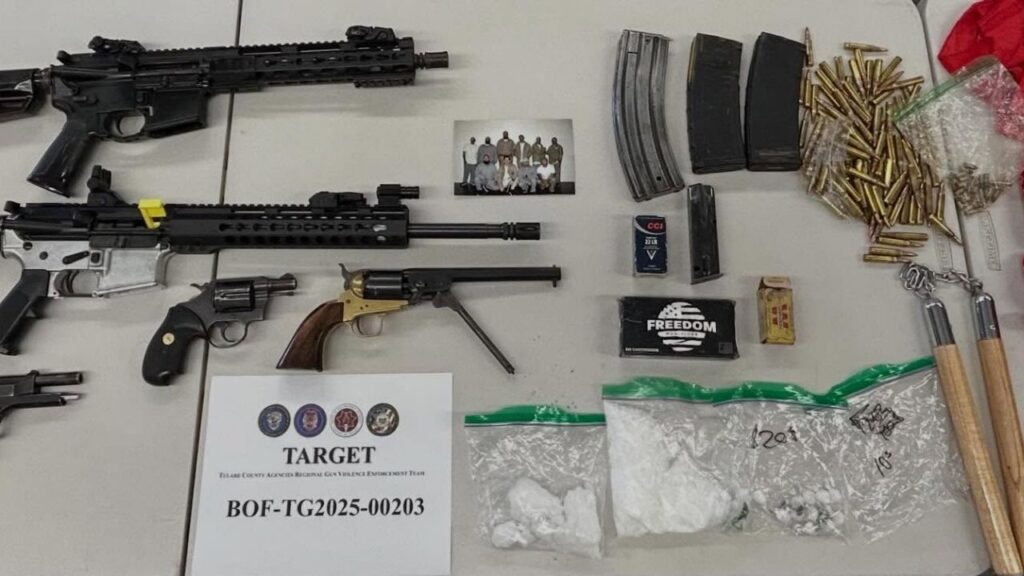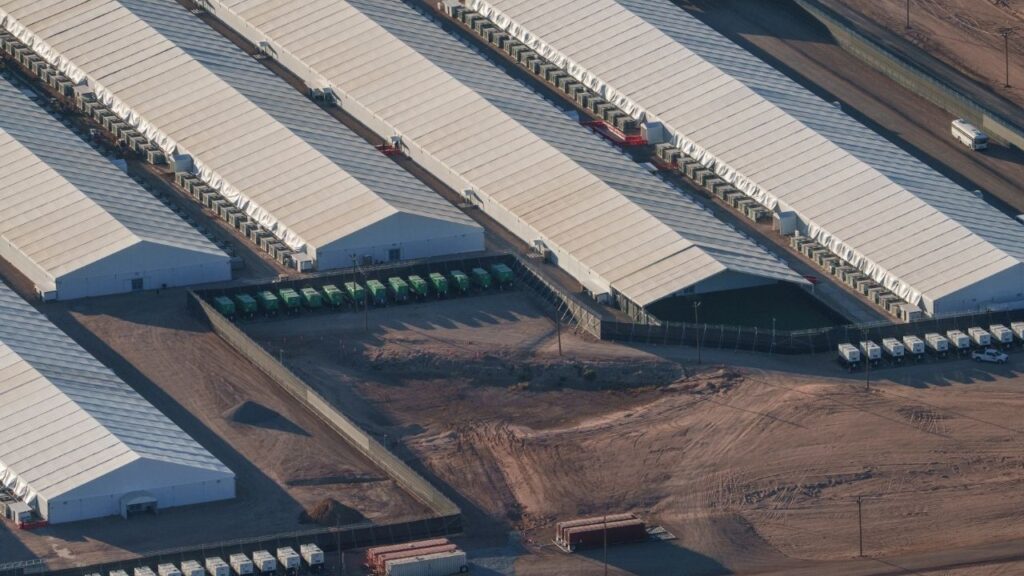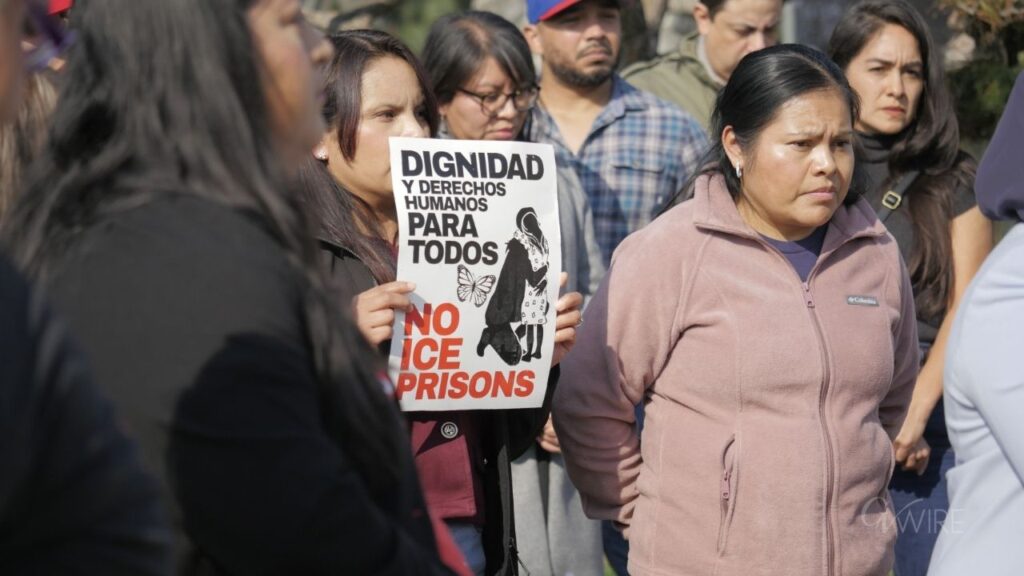Share
Clovis Unified School District trustees voted Wednesday to put a $335 million bond measure on the November ballot, even as trustees and the district’s superintendent acknowledged that asking for voters to approve a tax measure during a pandemic is less than ideal timing.
But district officials concluded that with steadily growing enrollment in the southeast part of the district, voters need to know that “significant” boundary changes, year-round schooling, and double-session scheduling could result if the bond measure doesn’t get 55% approval.
The new bond measure is about $70 million less than the Measure A bond measure that failed to win the required 55% of the vote in the March primary.
Clovis Unified’s was one of three Fresno-area school bond measures on the ballot, and the largest at $408 million. Only Fresno Unified’s $325 million Measure M passed, and by a comfortable margin.
Central Unified May Try Again
Central Unified’s Measure C would have raised $120 million for the district’s schools, including funding to complete the new Justin Garza High School under construction at Ashlan and Grantland avenues in Fresno west of Highway 99.
The measure came within 19 votes of the 55% percent approval needed, and trustees are scheduled at the July 28 board meeting to consider putting another $120 million bond measure on the November ballot.
Even though Clovis Unified officials are concerned about getting voters to approve bond measures in a pandemic, they say the district can’t wait several years to seek voter approval.
Proposition 39, which allow school bond measures to pass by a 55% margin, requires that they be on a countywide election ballot, even though only voters in the district can weigh in. Otherwise, school bond measures are required to have 66% approval to pass, the same as most other tax measures.
The two-thirds approval doomed Fresno’s Measure P in 2018. Fresno Mayor Lee Brand told GV Wire this week that he sees no chance that proponents of a sales tax for parks and public safety will try to put a new measure on the November ballot, given the COVID-19 crisis.
No Tax Increase This Time
Clovis’ $408 million Measure A would have resulted in a property tax increase of $25 per $100,000 of assessed value, but the new measure will not result in a tax increase, said Todd Cook, who headed the citizens’ committee to study capital needs.
The district needs to build an education center with a new high school and intermediate school to alleviate overcrowding at Clovis East High and continue to accommodate growing enrollments in the area, Superintendent Eimear O’Farrell said.
She said that if the new bond measure doesn’t pass, the district might have to resort to “significant” boundary changes that could affect as many as 8,000 of the district’s 44,000 students.
Board chairman Chris Casado said Clovis Unified has built high schools such as Clovis West, Buchanan, and Clovis East to accommodate growing enrollments over the years. But now, with 6,000 more students enrolled and no new high school in sight, “we’re somewhat behind the 8-ball,” he said.
Capital Needs Are ‘Massive’
The southeast Fresno Bradley Educational Center, previously estimated to cost $250 million, would take a big bite out of the bond measure if voters approve it. The remaining money would be used toward modernization and repairs of existing schools, Cook said.
The district’s capital needs are “massive,” he said. “Let me just remind you, we have over $600 million of capital facility needs in this district. … We’re approaching 3 million square feet of facilities in this district. Just like in your home, these facilities need to be maintained.”
Trustee Susan Hatmaker asked if the bond measure language would allow any wiggle room for redesignating funds in the event that the COVID-19 pandemic requires updated ventilation systems or other improvements.
Trustee Ginny Hovsepian said voters would be unhappy if the board did a “bait and switch” by promoting one project list but then spending money on new projects.
But Denver Stairs, assistant superintendent for facilities services, said the bond measure resolution contains language that allows the district to spend money on safety improvements as needed, which could include facility revisions changes to protect students and staff from coronavirus infection.
Categories

Microsoft 365 Down for Thousands of Users, Downdetector Reports
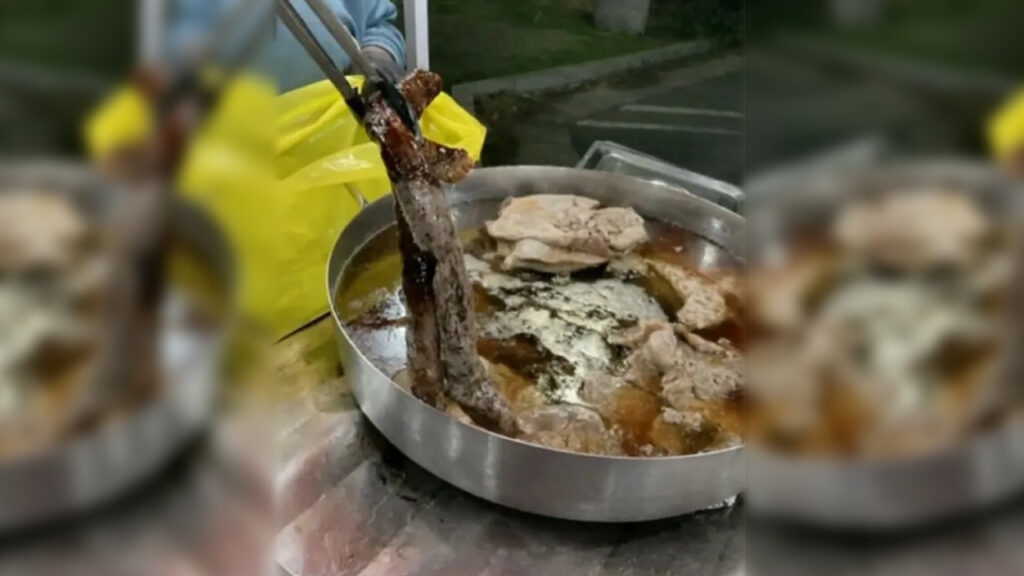
‘Sweeps’ Target Unlicensed Food Vendors in Merced County
